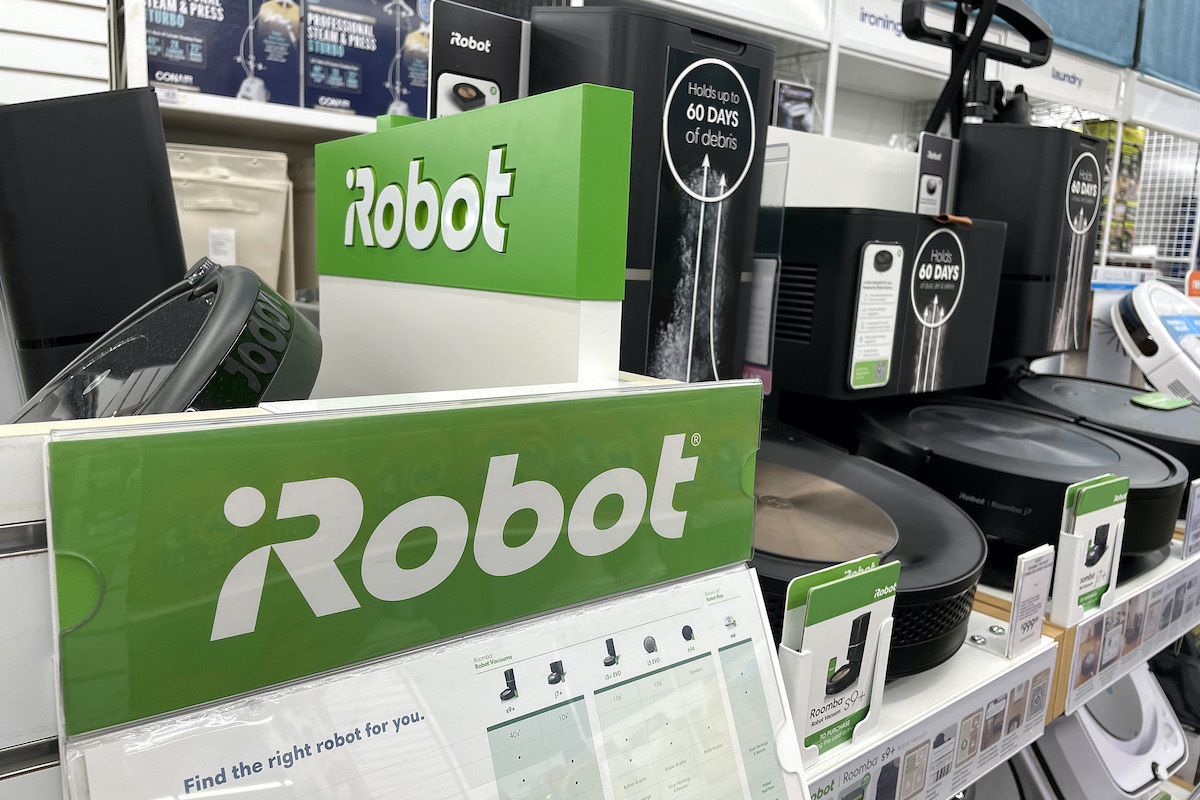Amazon’s Roomba Acquisition Seems Really Not Great!

Late last week, it was announced that Amazon would be acquiring iRobot, the company that makes Roomba robot vacuum cleaner. The Roomba is a wildly successful product but is housecleaning really worth the $1.7 billion all-cash price tag? No, of course not. This deal has nothing to do with Amazon wanting to help you clean; it’s about wanting to obtain a map of your home.
When you set a Roomba to work, it creates a digital map of your home. More recent models already pair with Alexa and Google devices and allow customers to do pretty cool things with that technology, like use voice commands to tell their little robots to clean a certain room of the house. But the convenience the mapping gives to customers is nothing compared to the amount of data it will give to Amazon.
Evan Greer, director of Fight for the Future, nonprofit digital rights organization, told Wired: “People tend to think of Amazon as an online seller company, but really Amazon is a surveillance company. That is the core of its business model, and that’s what drives its monopoly power and profit.” Well, that’s terrifying!
On Twitter, researcher Ron Knox said that this “may be the most dangerous, threatening acquisition in the company’s history” for similar reasons (as well as the antitrust monopoly implications of allowing one company to have this much data).
Amazon already knows so much about us beyond just from what we buy from the site. They use Alexas to learn people’s search histories and patterns, their taste in music, their schedules and calendars. They also own Ring, which gives them insight into how we socialize both in and outside of our homes. (They’ve also partnered with law enforcement to share that information with police without users’ permission or even a warrant.)
At this point, I’m sure tons of Amazon customers hear the Roomba news and think, what difference does it make? At this point, they know everything about us, so what does it matter if they also have a map of my furniture? Which, sure, might be true. But it’s also definitely what Amazon is counting on us thinking, which probably makes it worth resisting, even just on principle.
(image: Justin Sullivan/Getty Images)
Have a tip we should know? tips@themarysue.com